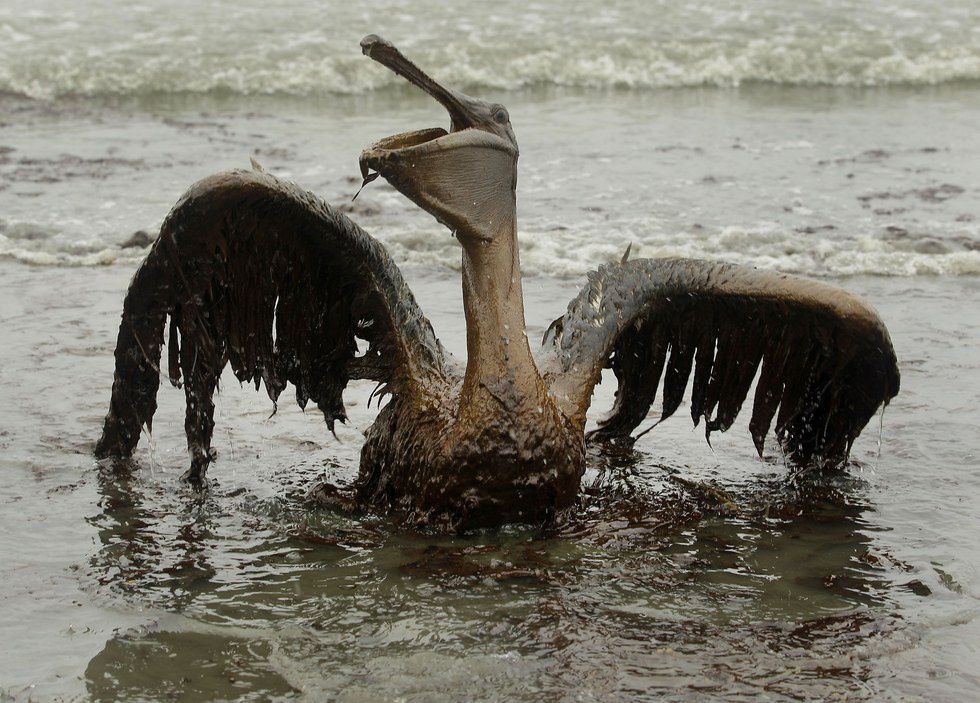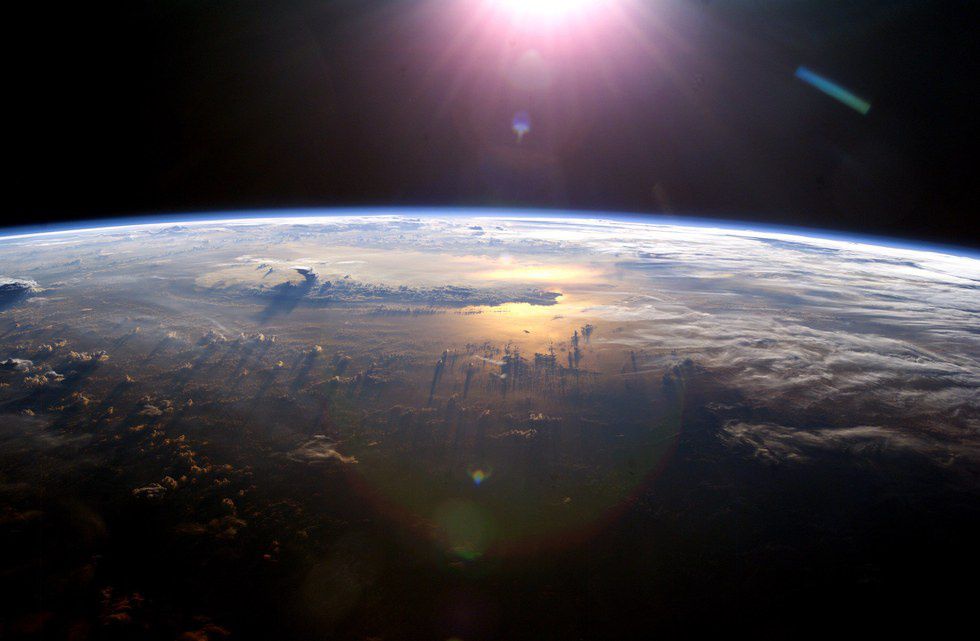One of my biggest concerns for the next four years is that we will set back any progress we've made toward a greener way of producing energy. Unfortunately, this incoming presidential cabinet has shown signs of heading in that very direction. Sure we should all give them a chance to do the right thing, but the anxiety of having climate change deniers and special interest groups in the white house is just too much to fathom.
When given the facts, the question more and more becomes: how on earth did we let these people get to such an influential position? Ninety-seven percent of all actively publishing scientists agree that the change in climate is completely man made. To ignore such a large consensus among qualified men and women would suggest that these people don't care for the environment, they would much rather profit from it and leave future generations to pay for it.
Lets take the Dakota Pipeline situation that was surrounded in controversy as an example. Native people and military veterans alike came from all over to protest the building of the pipeline through sacred lands for two reasons: 1)The rights of Native Americans to protect their land must be respected given their deep history of oppression. 2) The trust in oil companies to safely maintain the pipelines is non-existent. In the past few days, an oil spill occurred just three hours away from where the protests took place spilling 176,000 gallons of oil into the ecosystem, adding to yet another environmental disaster caused by human neglect.
Everything seems helpless, even if the evidence stares climate change deniers in the face. One would think that any human being on this earth would see it as their home and would treat her as such. Then again, maybe the best possible thing to do is to look away from the earth and into space.
No I am not suggesting that we send climate change deniers into space to meet an untimely demise, not at all. I am simply taking the experiences of our astronauts to devise a new way to reach these people. Many astronauts have come back from space, citing that the view of the earth from space was the biggest contributor in their devotion to the environment.
For example, American astronaut Scott Kelly spent 340 days aboard the international space station in low orbit. He observed the abnormal weather patterns and constant signs of man-made pollution.
"The more I look at Earth and certain parts of the Earth, the more I feel more of an environmentalist," Scott said about his trip to the ISS.
With more strives toward commercial space travel, the more hopeful I am that people will come to appreciate the Earth in a new way. Maybe if we sent the president elect Trump and his cabinet on a trip around the Earth's orbit, they might start to see what Scott Kelly and many others before him saw. I know this is wishful thinking and a very odd idea, but maybe wishful thinking is exactly what the environment needs right now, as it sets our sights on a better tomorrow.
"It has been said that astronomy is a humbling and character-building experience. There is perhaps no better demonstration of the folly of human conceits than this distant image of our tiny world. To me, it underscores our responsibility to deal more kindly with one another, and to preserve and cherish the pale blue dot, the only home we've ever known." - Carl Sagan, Pale Blue Dot, 1994





















